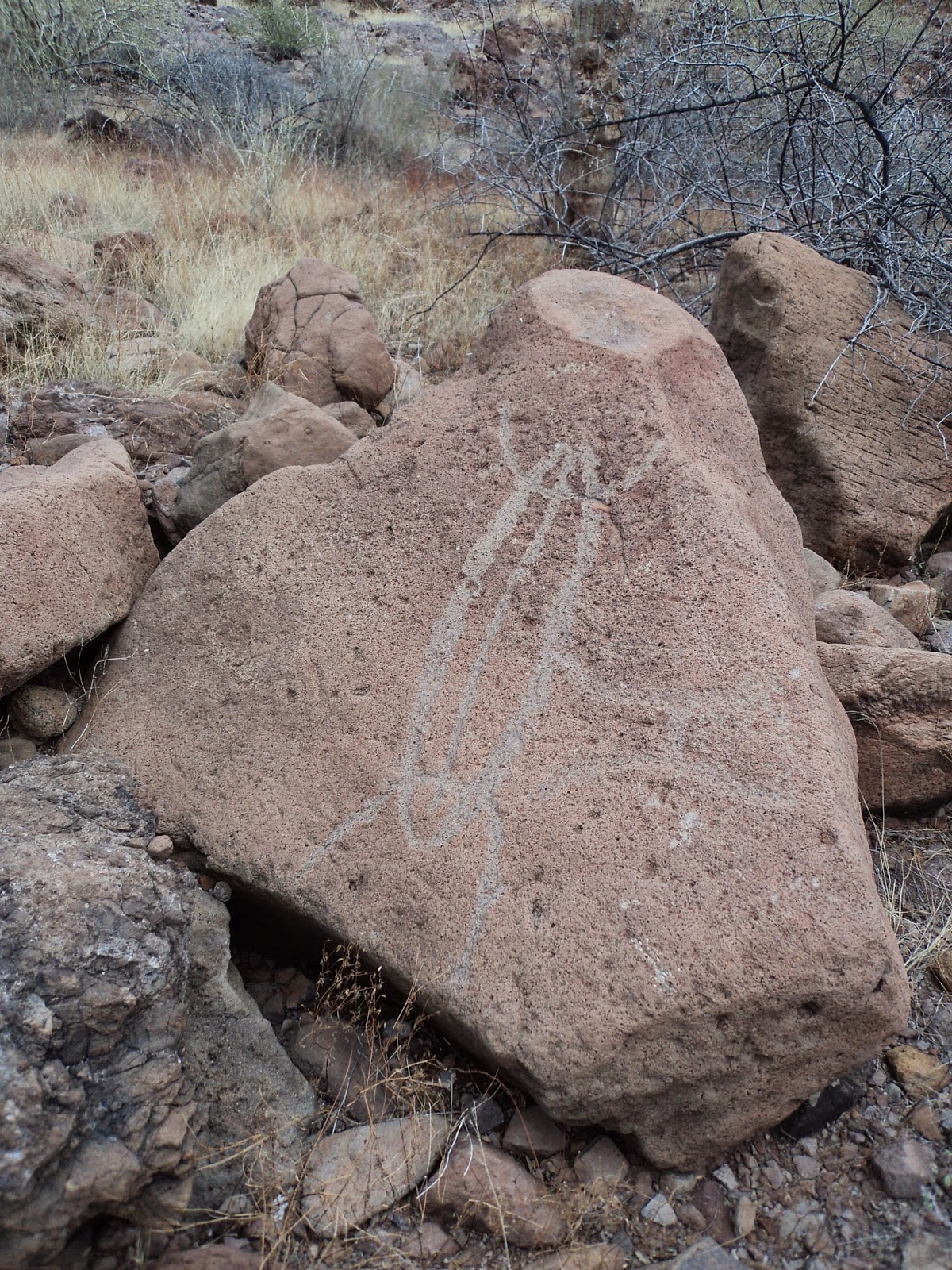 |
| "Little Lara" sailing on Bahia Concepcion |
Peggy's
Post: These are a few of my favorite things --
- listening to a violin concert (thanks John!) on the beach on a moonlit night with a bonfire, potluck appetizers, and good friends
- watching a gorgeous sunrise sneak over the mountains and wash the beaches in its shimmering glow
- listening each morning to “Amazing Grace” played on bagpipes before the Cruiser's Net weather broadcast (thanks Geary!)
- chasing giant Angelfish though mazes in the reefs while snorkeling
- watching Jay spearfish then eating delicious grilled fish or cerviche
- being amazed by stingrays and dolphins' display of aerial acrobatics
- bio-luminescence exploding in the water at night as fish swim around "Little Lara"
- exploring deserted beaches and finding beautiful sea shells
- hitching hiking to the closest town and discovering out how many people we can squeeze into a car (the record is 8!)
- learning about the interesting history of each village and town we visit
- attending church in Ensenada, Cabo San Lucas, La Paz, and Loreto (meetings - all in Spanish!)
- listening to the wind calm down at night so we can have a peaceful nights sleep
- finding "old" friends in new anchorage when we arrive … and meeting "new" friends there
- being with with my sweetheart (of 36 years) and enjoying these wonderful adventures together!
 |
| San Juanico Anchorage |
 Jay's
Post: We left Puerto Escondido February 26, 2015 northward
bound. We very much enjoyed nearby Loreto with its plaza and historic
buildings, but the weather was beginning to warm up, encouraging us
to move on. Because the waters have been cold (69 degrees), we have
been unwilling to do much snorkeling. We are hopeful this will
change soon. Our first stop was Puerto Ballandra on Isla Carmen. We
had been here before, but we liked it so much, we decided to return.
Last time we anchored here we snagged an underwater tree that had
probably been washed down the nearby arroyo with the last hurricane.
We had a hard time pulling the anchor up and were successful only
after motoring “Little Lara” into shallower waters, dragging the
tree with us. There, we were able to snag the tree with the boat
hook and slip the anchor from underneath it. Having learned our
lesson, we were extra careful where we anchored this time.
Jay's
Post: We left Puerto Escondido February 26, 2015 northward
bound. We very much enjoyed nearby Loreto with its plaza and historic
buildings, but the weather was beginning to warm up, encouraging us
to move on. Because the waters have been cold (69 degrees), we have
been unwilling to do much snorkeling. We are hopeful this will
change soon. Our first stop was Puerto Ballandra on Isla Carmen. We
had been here before, but we liked it so much, we decided to return.
Last time we anchored here we snagged an underwater tree that had
probably been washed down the nearby arroyo with the last hurricane.
We had a hard time pulling the anchor up and were successful only
after motoring “Little Lara” into shallower waters, dragging the
tree with us. There, we were able to snag the tree with the boat
hook and slip the anchor from underneath it. Having learned our
lesson, we were extra careful where we anchored this time.
From
Ballandra we motor-sailed 25 miles north to Caleta San Juanico. There
are no nearby towns, no
 |
| Ranchito garden in San Juanico |
 |
| Some of the Apache Tears |
Apache
tears are smooth, glassy stones of natural volcanic obsidian. The
stones generally range from pea to golf ball size. They are black in
color formed when lava flows cooled rapidly. Because they can be
chipped to an amazing sharpness, they were used by the Indians to
make spears and arrow heads. Their name comes from a legend dating
back to the late 1800's when the United States fought the Apache
Indians in Arizona. When the warriors were defeated and killed,
their families wept bitterly for their loss of their loved ones, and
with each tear shed, it turned into stone upon hitting the ground.
 |
| Calm anchorage, Santispac, Bahia Concepcion |
We left
San Juanico March 9th for Bahia Concepcion. Boaters,
RVers, campers, kayakers, and fishermen come to Bahia Concepcion from
all around the world because of the beautiful bays, clear waters and
sandy beaches. Here we met Americans, Canadians, Mexicans, South
Africans, Austrians, etc. The bay lies 14 miles south of Mulege
along Mexico Highway 1. Due to its protection, the ocean swells and
northerly winds are blocked, making for calmer waters. There are
numerous anchorages all within an eight mile radius, with exotic
names like: Santispac, Escondida, El Burro, Coyote, Santa Barbara,
and Requeson.
 |
| Insect Petroglyph |
We stayed long enough to visit them all. While here
we went on hikes, caught rides into Mulege, made new friends, and
enjoyed the beaches. It was in Bahia Concepcion that the waters
finally warmed up enough (75 degrees) for us to go snorkeling and
spearfishing without freezing. While hiking we came across many
petroglyphs and “bell rocks”. These petroglyphs were carved by
the Indians that once inhabited this area up to 3,000 years ago. We
were able to easily identify carvings of fish, insects, cacti and
trees. The bell rocks were interspersed among the petroglyphs.
These fascinating rocks are reddish brown in color and the size of
small boulders. Because of their high iron content, when struck, they
resonate like a bell (see the video below). We enjoyed Bahia
Concepcion so much, we stayed here for two weeks, leaving on March 23rd for Santa Rosalia.
Note: Click on the pictures to enlarge. Comments and questions are always encouraged!


Call brad 7065938428. Worldwideboatservice
ReplyDelete7065938428. Call brad. Boat move
ReplyDeleteBell Rock... That's pretty COOL!
ReplyDelete